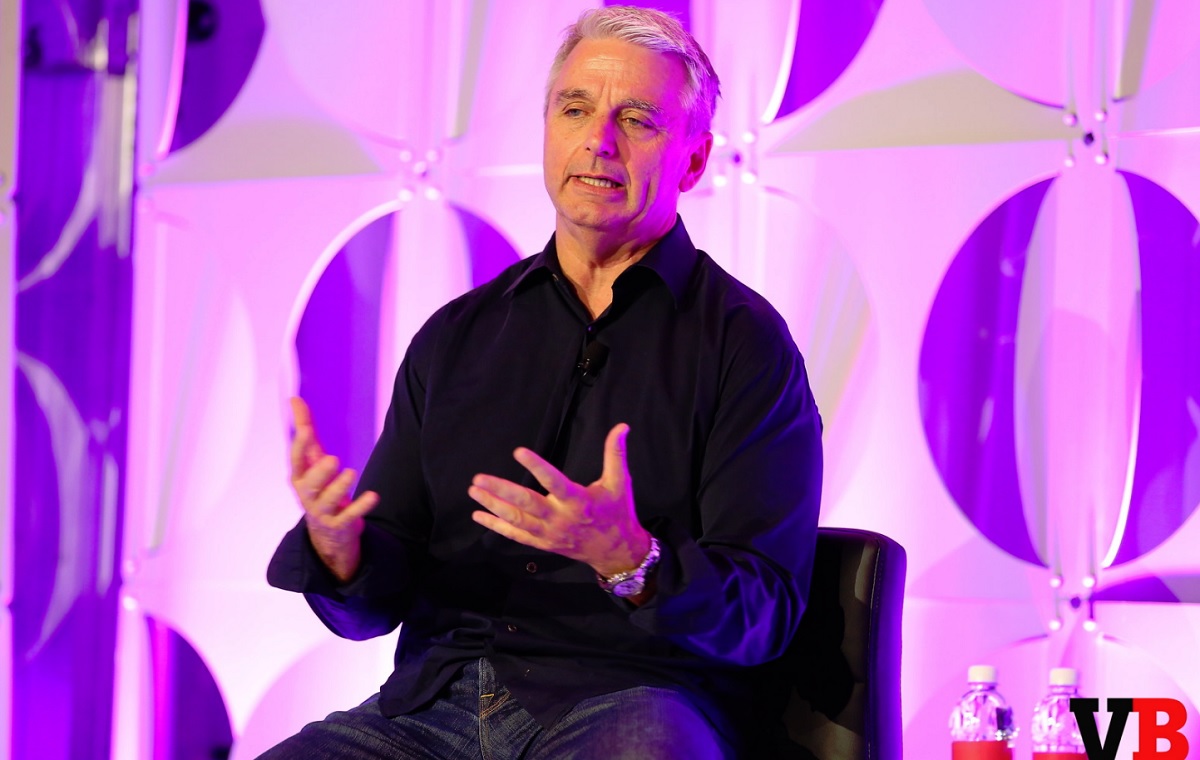Unity Technologies CEO John Riccitiello threw out some impressive numbers last week at an event at the Game Developers Conference in San Francisco.
He said that games built with the Unity game engine were downloaded more than 16 billion times in 2016, up 31 percent from the year before. A couple of million users of Unity make it the most popular engine in the world. And more than 59 percent of VR developers use Unity.

Unlock premium content and VIP community perks with GB M A X!
Join now to enjoy our free and premium membership perks.
![]()

![]()